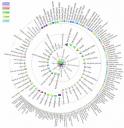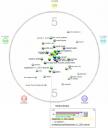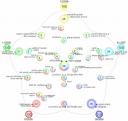… also for some people in the field the main paradigma in science. To cite Wikipedia
Bush’s assertion — and the sign itself — became controversial after guerilla warfare in Iraq increased during the Iraqi insurgency. The vast majority of casualties, among both coalition (approximately 98.3% as of October 2008) and Iraqi combatants, and among Iraqi civilians, have occurred after the speech. Due to this fact, “Mission Accomplished” is now a winged word for uncompleted operations with an unclear ending.
goodbye GB!


